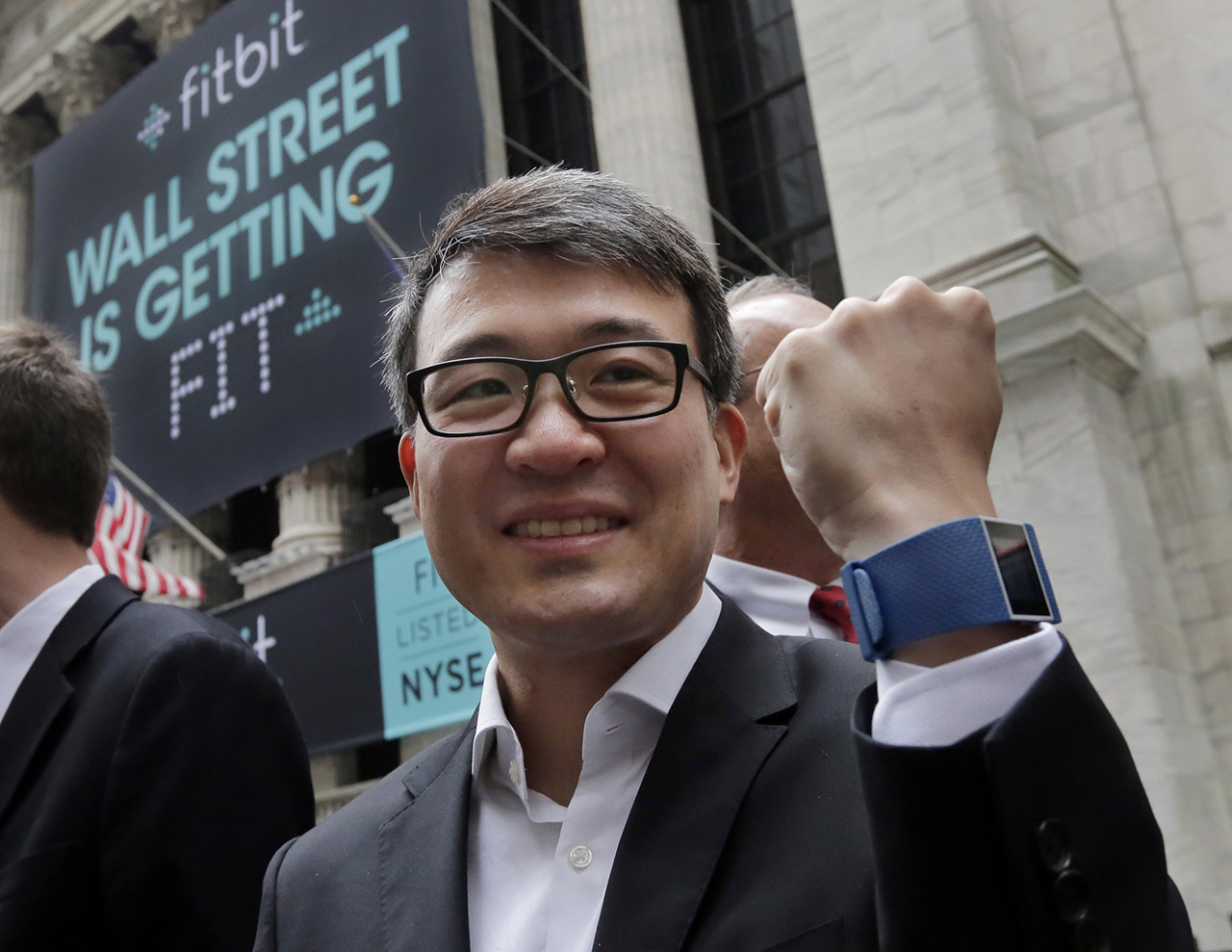At first blush it’s tough to figure out why investors would be so angry with Fitbit (FIT). It’s the category leader in wearable fitness trackers against well-funded competitors from never-say-die startup Jawbone to the promises-to-get-better Apple Watch. Fitbit reported quarterly revenue Monday that nearly doubled over the year-earlier period, and profits were up 64% to $64 million.
Yet shares of San Francisco-based Fitbit, already down significantly from its 2015 initial public offering, plunged further, sinking 15% to about $14 in after-hours trading.
The culprit is expectations. Fitbit said its earnings in the first quarter would be negligible, compared to the 23 cents per share investors had expected. It also said revenue would be roughly $50 million below those same expectations.
Get Data Sheet, Fortune’s technology newsletter.
It all feels a little nuts. Fitbit is the Cinderella of inexpensive consumer devices. Compared with crosstown rival Jawbone, it raised less money, built a better product, managed its resources better so that it could advertise heavily, and went public in a wildly successful IPO. Now the market hates Fitbit, not for failing to do what Fitbit said it would do, but for failing to do what investors thought Fitbit would do.
Fitbit CEO James Park claims his company isn’t responsible for earnings projections it never issued, and he has a point. And yet, this is where Wall Street’s bizarre behavior begins to make some sense.
Prospects for Fitbit’s smartwatch.
It may be that Fitbit doesn’t deserve to be punished after turning in an impressive financial performance. At the same time, this is a company that’s still worth $3 billion, despite being in a dogfight for a potentially faddish market. Maybe that’s low, but it’s just as likely that expectations were wildly unrealistic when Fitbit’s shares traded for $52. It was basically the same company then.
What has changed are the expectations.












